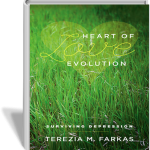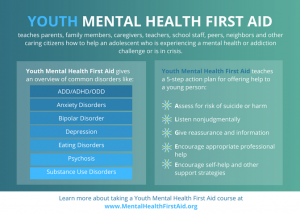Choose love, not hate, when it comes to grief or anger. Grief and anger shift one’s emotions towards revenge and hate. But the strong pull towards those reactions can be fought, and avoided.
Love is strong as hate
People often think love is a fluffy, feel good emotion that only kicks in when you desire someone or something. But that’s not true. There are 8 types of love. So, there’s one for every occasion.
Unconditional love, or agape, is the highest form of love or charity that you can give to another human being. It’s so pure, that it’s often thought of as the type of love God, or the Creator, shows to humans. Agape doesn’t care if you know the person or not, what you can or could benefit from the relationship, or even who the individual is. Agape is forgiving, flexible, and does not want anything back in return.
When someone is angry or grieving, you are basically a hurt human being. There’s a lot of pain and despair, along with a mixture of negative energies. It’s easy to feel sorry for yourself. To think that no one cares about you, or understands your situation.
Take for example, your best friend betrays you. You get angry because you feel hurt and confused about why your friend would do such a thing. The anger becomes stronger as your brain repeats memories, and starts to focus in on details you once ignored. You start questioning when the disloyalty took root, because you want to know “why”.
But there might be no “why”. Your best friend might have felt it was time to move on and the action that made you feel betrayed wasn’t meant to hurt you at all. Instead, it was simply your friend moving forward in a new direction. So your anger was really at its core grief. You felt grief that someone you loved and trusted was no longer in your circle.
Love takes you past anger
Anger is your defence against grief. You want to lash out and hurt your friend. But no matter what you do as revenge, that pain will stay until you learn to move past the event. Until you forgive your friend or understand that no harm was intended.
This is where love comes into play. Love takes you past anger, past hate. Philia is the type of emotional bond you have with a friend. You feel safe and secure to reveal yourself to this friend. When the friend leaves, as in the example above, your security is rocked, because you feel that someone you trusted and allowed to know the real you didn’t like you enough and left. That feeling might be totally wrong and misplaced, but its the feeling that comes philia is involved.
So, instead of hating your friend and letting anger consume you, you need to pause. Take a breath. Recalibrate your emotions by thinking about all the good times you shared in addition to the recent separation. Instead of examining your time together for clues to why the person left, look at the past through the philia you shared. See the love that was present. Laugh at the times you enjoyed together. Realize your friendship was a two-way street and both of you benefited from it. Now that the friendship is ended, see the ways you’ve grown and benefited from having had that relationship. Let forgiveness enter your heart.
On the way to agape
By forgiving your friend, and also forgiving yourself for anything you might have done to hurt the relationship, you are letting go of anger and guilt. You stop grieving for a friendship that’s ended. And if you can really honesty let go of your anger, and forgive everyone involved, then you are on your way to agape when it comes to this broken relationship.
Remember, agape is the ability to love someone without wanting anything back in return. You can still allow yourself to love your friend without wanting anything from the relationship. You can wish the person success for the future. You can feel good talking about the person and even be there to lend a hand if ever one is needed. By showing charitable love towards your friend, you are choosing love not hate.
Find me on twitter @tereziafarkas



